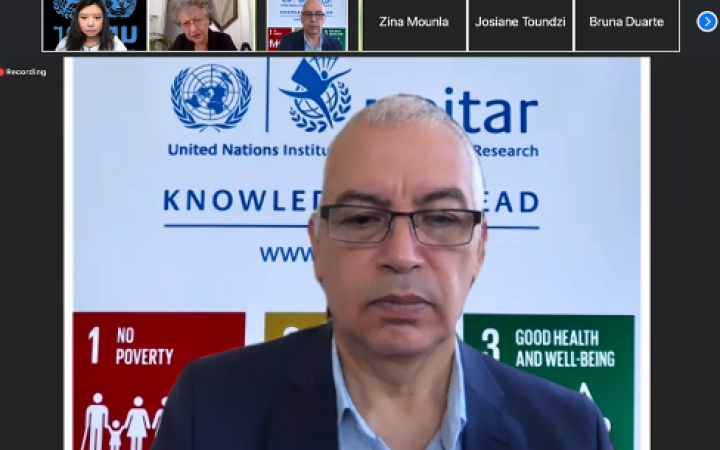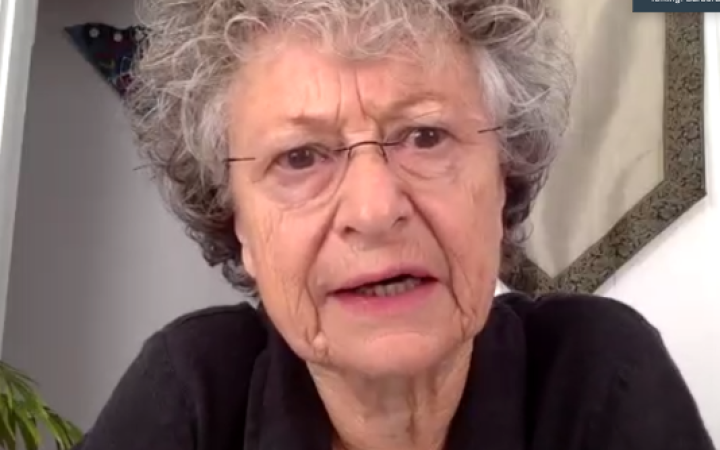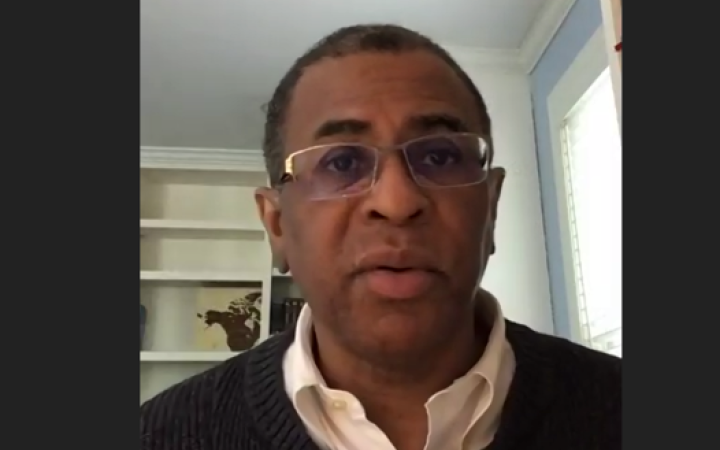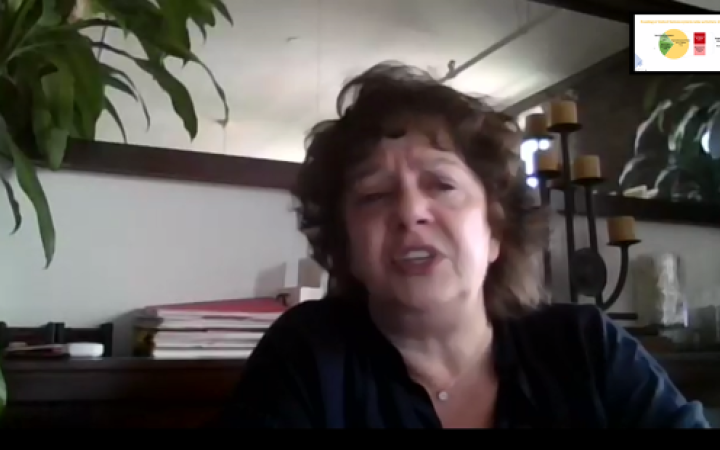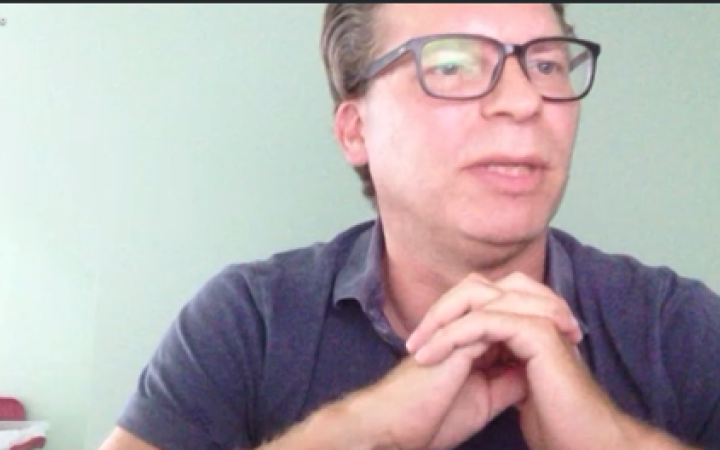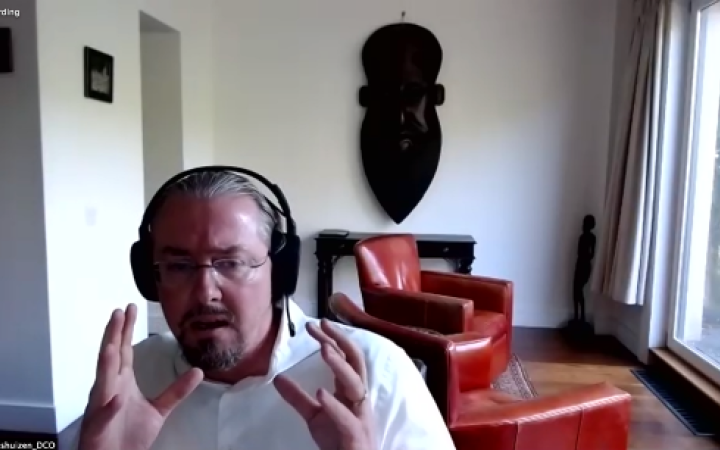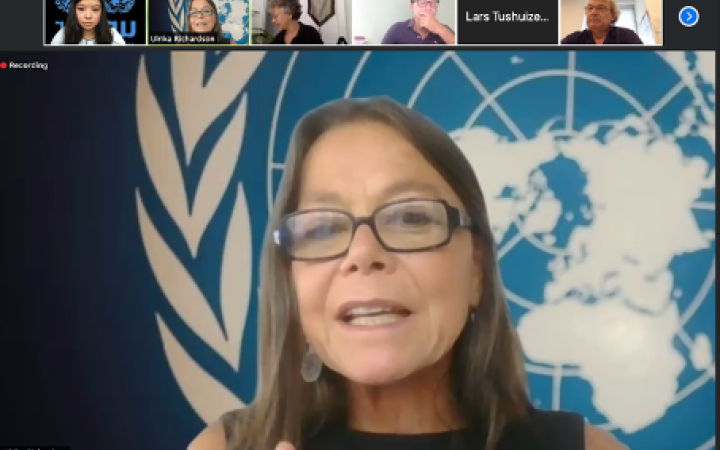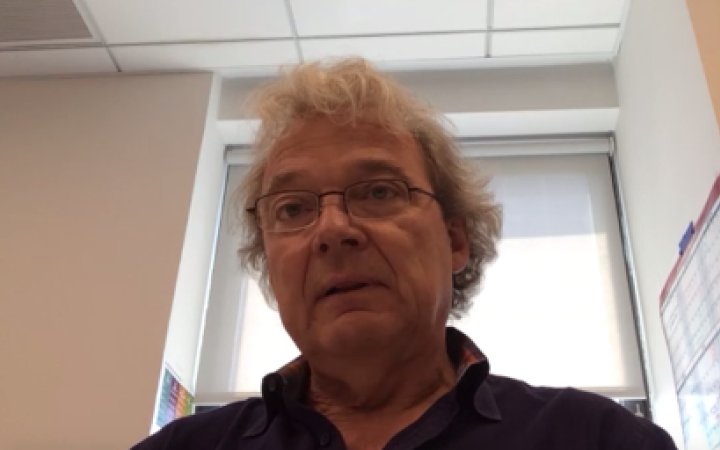2 July 2020, New York, United States – On 2 July 2020, the United Nations Institute for Training and Research (UNITAR) office in New York, in collaboration with the Permanent Mission of Switzerland to the United Nations and the United Nations Department of Economic and Social Affairs (UN DESA), hosted the third module of the ‘Realizing the Future we Want’, a training series in preparation for the General Assembly’s 2020 Quadrennial Comprehensive Policy Review (QCPR) of operational activities for development of the United Nations system. The focus of the third module was on funding UN operational activities for development and financing the Sustainable Development Goals (SDGs). The module was held online, and attracted more than 150 participants from numerous Member States.
The head of office of UNITAR New York office, Mr. Marco Suazo, opened the session with a warm welcome to the participants joining from different time zones. He emphasized the objective of the third module; noting that the session would aim to present an overview of the funding of UN’s operational activities for development, including current trends and issues, as well as progress and challenges on the implementation of related mandates. He encouraged participants to engage in the interactive session, present their questions and concerns to the panelists, and make the most use of the module.
He then passed the floor to Ms. Barbara Adams, Senior Policy Analyst of the Global Policy Forum, and moderator of the third module. Ms. Adams emphasized that the third module was taking place at a unique time –exactly a week after the 75th anniversary of the signing of the UN Charter, and a week prior to the opening of the High-Level Political Forum. Ms Adams explained that the third module would pay special attention to the challenges with financing the SDGs, as well as issues with the funding of UN operational.
The first panelist, Mr. Elliott Harris, the UN Chief Economist and the Assistant Secretary-General of the UN Department of Economic and Social Affairs (UN DESA), gave a presentation on financing the SDGs, as well as the role of Resident Coordinators (RCs) and UN Country Teams (UNCTs). He mentioned that compared to the MDGs, the 2030 Agenda has a broader and more ambitious scope. Rather than narrowing the siloes of development, the 2030 Agenda emphasizes the interlinkages between different sectors. The scope and scale of the 2030 Agenda also requires new and innovative funding mechanisms. In this context, Mr. Harris’ presentation pointed to a range of finance modalities critical to SDG implementation, and the importance of matching different types of financial resources to different actors.
Following Mr Harris, Ms. Zina Mounla, Chief of the Operational Activities Policy Branch of UNDESA, delivered a presentation on the latest trends and key issues in system-wide funding for operational activities for development (OAD). She spoke to the differences between ‘funding’ and ‘financing’; noting that funding refers to the financial resources that flow through the UN to finance its own activities, while ‘financing’ has a broader contextual meaning. For instance, a UN financing strategy would aim to unlock available financial resources from various sources and steer them in the direction of the SDGs/national development priorities. Elaborating on funding trends, Ms. Mounla noted that funding for UN operational activities for development was $35.9 billion in 2018, and that while total funding has continued to increase, increases in non-core funding far outweigh those of core funding. UN expenditures are concentrated in a small number of programme countries, with three-quarters of all funding spent in 30 countries, while in most programme countries annual expenditure is under $50 million. The large variation in the amount of resources spent in countries underscores the need to consider differentiated business models for UN support, including through more cost-effective and collaborative models for its field presence. In this context, she noted the importance to distinguish between support provided by the UNDS and the UN’s physical presence in-country. While some key functions and deliverables necessitate sustained in-country presence, others do not.
The third panelist, Mr. Martijn Engels, the First Secretary of the Permanent Mission of the Netherlands to the United Nations, discussed the Funding Compact, its background and intent to incentivize a change in mindset towards increased transparency, accountability and joint results. The Funding Compact represents a set of mutually reinforcing commitments between different stakeholders; aiming to on the one hand improve the flexibility and reliability of UN funding, including through more predictable funding to the resident coordinator system, and on the other improve the system’s accountability and transparency. Mr Engels noted that the Compact is about strengthening trust, and instigating broader culture change within Member States and the UN. Noting that it is too early yet to assess concrete results from the Funding Compact, Mr Engels flagged an underlying danger in the Compact where the different stakeholders might wish to see results and progress from other stakeholders before making improvements themselves. To this end, Mr Engels encouraged all Member States to engage in the Funding Compact and stressed the importance of improved monitoring.
Mr. Lars Tushuizen, the Chief of the Country Business Strategy Branch from the UN Development Coordination Office, delivered the last presentation of the module on ‘Improving the effectiveness and efficiency of business operation: Issues, commitments, and next steps.’ He underscored that while efficiencies are important, there is a limit to minimizing costs if the UN is to remain effective and agile. Mr Tushuizen provided an overview of the efficiency agenda, describing each of the workstreams underway to improve business operations from mutual recognition to business operations strategy, common back offices and client satisfaction principles. An impressive range of targets achieved and in the pipeline, many for completion in 2021, were shared. To summarize his presentation, Mr Tushuizen noted that there are several ways for the Member States to support these reforms. First, they can continue to hold the system accountable for implementation of the efficiency agenda. Second, it is important for the Member States ensure consistent messaging across different governance platforms – both agency boards and the General Assembly. Lastly, Member States should engage in partnership with the UN system, to help ensure the efficiency agenda is taken into consideration when discussing funding options for innovation.
The third module then called on three discussants: Ms. Ulrika Richardson, the Resident Coordinator in Kosovo, Ms. Silke Weinlich, the Senior Researcher from the German Development Institute, and Mr. Shaikh Moniruzzaman, Consultant with the World Bank Group.
Ms. Richardson shared from a wealth of experience and provided country examples on how efficiencies were improved in country to deliver greater programmatic impact, and of the pilot in Cap Verde. She mentioned that in order for Resident Coordinators to fulfill their coordinating role, it is important for Member States to ensure sustainable and adequate support to the RC system. Ms. Weinlich noted that the current funding model for UN operational activities for development is not sustainable and that the Funding Compact is an opportunity for change. She noted that entities rely on roesources that are mobilized at country level, which leads to a vicious cycle of constantly fundraising at county level and in turn raised the question of how to ensure that resources stay focused on strategic priorities. Mr. Moniruzzaman spoke to SDG challenges from an LDC perspective and how the UN can contribute to resilient recovery following COVID-19.
Participants actively engaged in a Q&A session, after which Ms. Barbara Adams closed the third module with reflections on the previous presentations and encouraged participants to look out for the later modules of the UNITAR 2020 QCPR training. Ms. Adams expressed her gratitude of the opportunity to moderate the third module and passed the floor to Mr. Markus Reisle for closing remarks.
Mr. Reisle thanked Ms. Adams and other panelists for their significant contribution to this session. Their input guaranteed the success of this training series, and as the QCPR training goes on, more content will be included to help delegates better understand the QCPR and the development system. Mr. Reisle reminded participants to refer to the save the date that they have received prior to the beginning of this session, and encouraged participants to look out for the final recap module that will take place on 7 September. The purpose of the QCPR training series is to incorporate the topics that the delegates want to know more about, and to provide answers to their questions. Mr. Reisle invited participants to submit topics that they are interested in discovering more in the chatroom and through email and ended the session with wishes to the participants.


